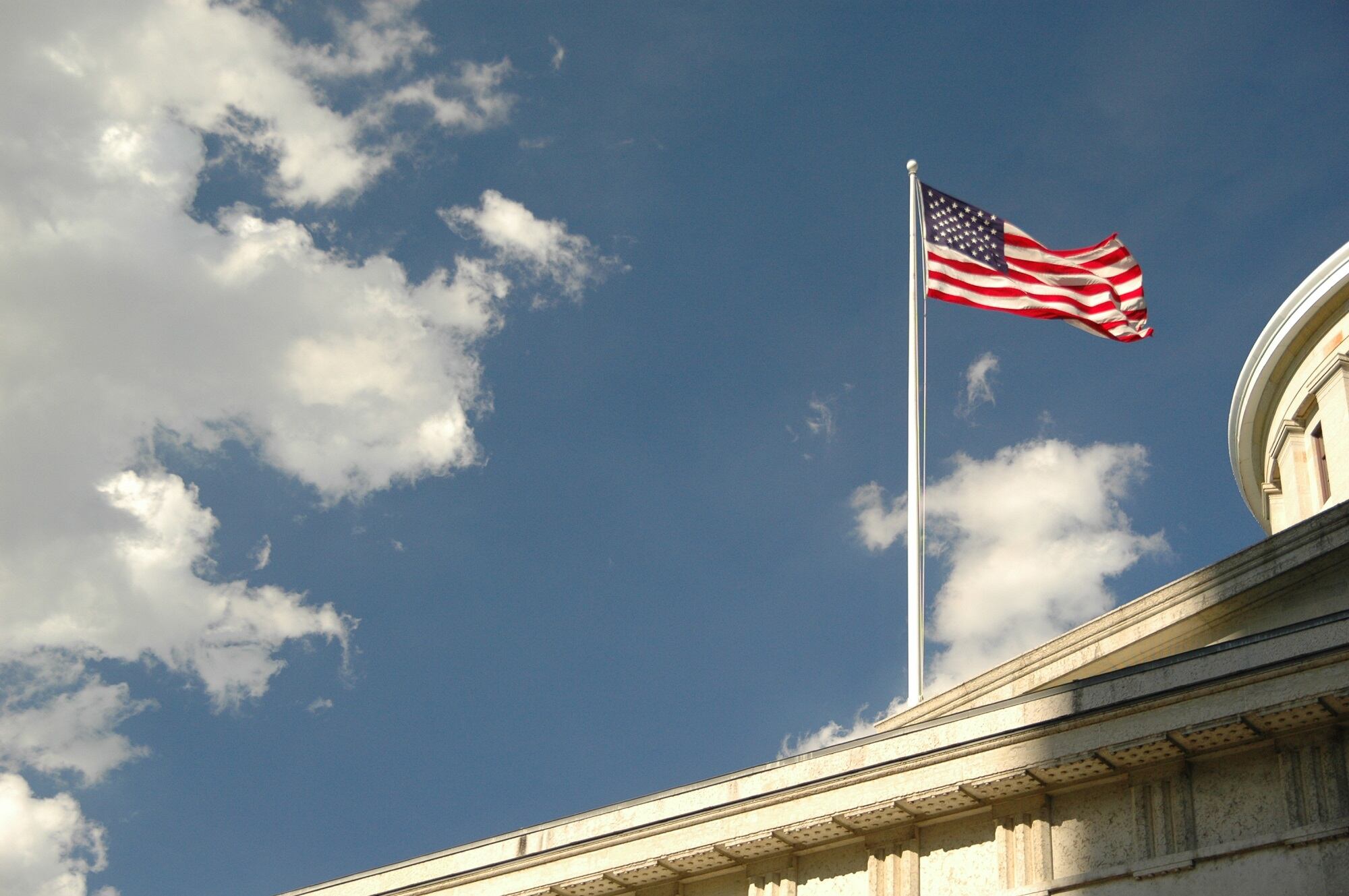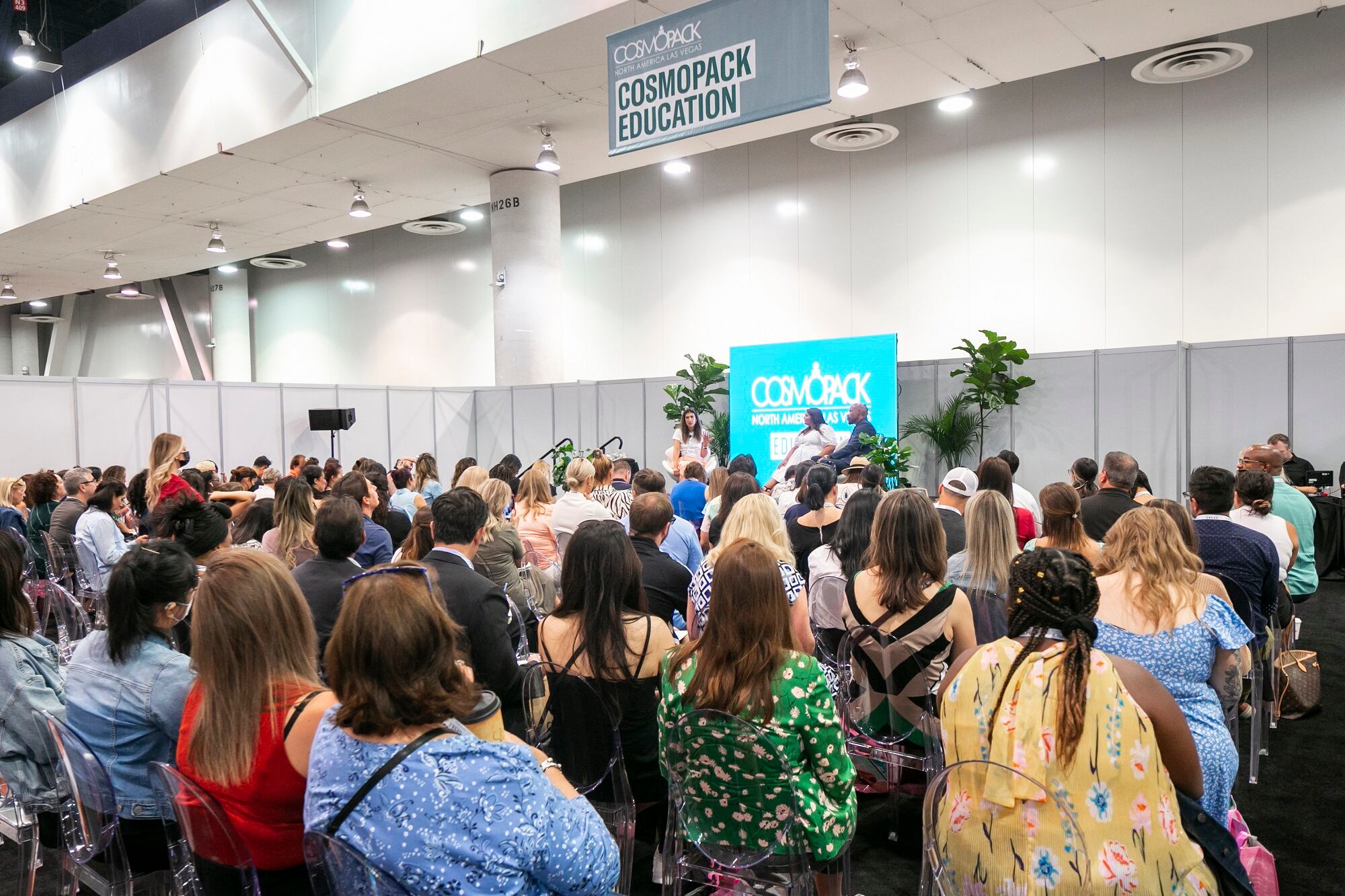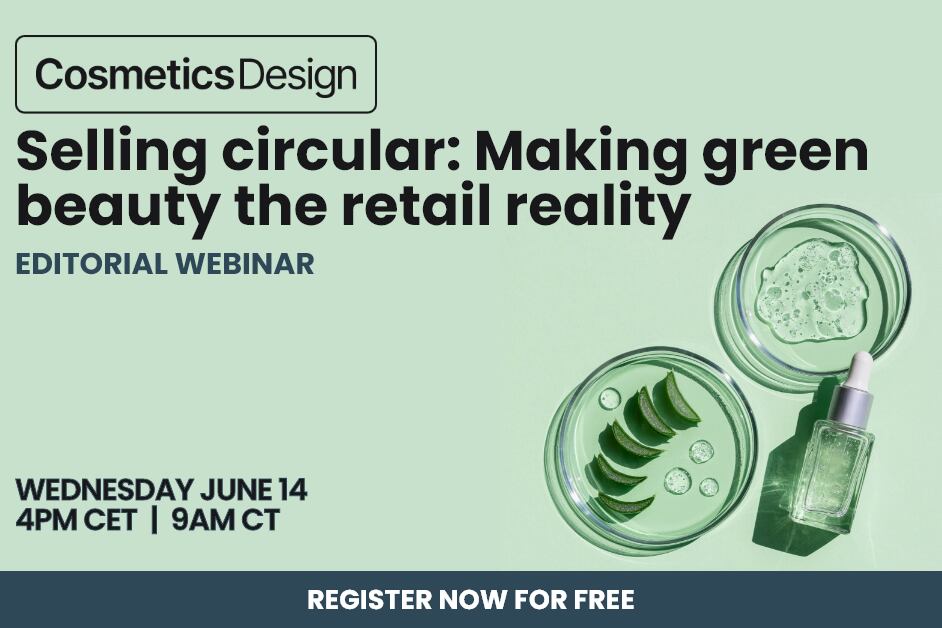FDA suspends VCRP submission, works to implement new program under MoCRA
On March 27 of this year, the Food and Drug Administration (FDA) issued an official announcement that it has suspended its Voluntary Cosmetic Registration Program (VCRP).
The FDA has undertaken this action as part of the organization’s plans to develop and implement a new program for cosmetics and personal beauty care companies to submit facility registrations and product listings as detailed in MoCRA.
Moving forward, the FDA has officially requested that cosmetics and personal beauty care product companies wait to register products with the organization until a new registration system is announced and becomes available.
Further, the organization has noted that “information in the VCRP will not be transferred to the program being developed for facility registrations and product listings mandated by MoCRA.”
Additional updates regarding the new registration program are forthcoming and will be provided by the FDA as they become available.
Ingredient innovation: first-ever algae-derived cosmetic wax launched
Ingredients and materials company Upwell Cosmetics announced the launch of an innovative new ingredient for cosmetics and personal beauty care product formulation.
The first-ever algae-derived cosmetic wax can be used in lipsticks, sunscreens, hair care products, and more.
This novel ingredient is a versatile and sustainably sourced option for manufacturers and suppliers to the cosmetics and personal beauty care industries seeking to replace petroleum-based waxes to better meet the growing consumer demand for more environmentally friendly ingredients in product options.
In initial consumer panels, “consumers preferred lipsticks formulated with the algae wax over those formulated with the other industry standard waxes,” said Daniella Zakon, Upwell Cosmetics Co-Founder.
L’Oreal becomes final investor in sustainable ingredient biotech platform
San-Diego based biotechnology company Genomatica announced that French personal care giant L’Oreal will be its third and final founding investor to expand operations and innovation in developing plant-based alternatives for cosmetic and personal beauty care product formulations.
L’Oreal’s investment follows Unilever and KAO Corporation to bring the collective member revenue in excess of $100 billion.
Genomatica’s biotechnology platform focuses on harnessing proprietary microorganisms to ferment plant sugars and produce sustainable surfactants for personal care product formulation and production.
L’Oreal plans to utilize these surfactants throughout their product lines as part of its sustainability program, L’Oreal for the Future, in which the company has committed to formulating products with 95% renewable ingredients by 2023.
“It certainly feels like we’re at an inflection point with biotechnology where it can disrupt the extremely large and well-established surfactants marketplace,” Kyle Huston, Product Director at Genomatia, told CosmeticsDesign-USA.
Three takeaways from In-Cosmetics Global
This year’s In-Cosmetics Global conference was held in Barcelona, Spain, from March 28-30.
Featuring a record 907 exhibitors at a show that was twenty-one percent larger than last year’s convention, including 150+ new exhibitors and all ten of the world’s top industry ingredient suppliers, there was much to see and experience at the biggest In-Cosmetics Global show in history.
From the Innovation and Fragrance Zones to the Makeup and Sensory Bars, this year’s show focused prominently on some of the most compelling and exciting industry trend forecasts of 2023.
Trends in ingredient innovation wax and wane with consumer demand. Still, this year’s convention saw upcycling, vegan collagen, and neuroactive and active fragrances as some of the most compelling shifts in cosmetics and personal care product manufacturing.
Exhibitors like Robertet Groupe, Cambrium, Geltor Inc., and Mibelle Group showcased some exciting innovations in the ingredients space at this year’s conference.
Artificial nails sales projected to surpass nail polish sales for the first time
For the first time, artificial nails are forecast to beat traditional nail polish sales in 2023, according to a new report from market research firm NIQ.
Following years of consistent growth YoY by artificial nail sales and simultaneous years of decline by nail polish sales, in Q4 of 2022, artificial nails quarterly sales bypassed traditional nail polish by $6 million ($160 million versus $154 million).
Bolstered by a combination of convenience, ease of use for the consumer, and growing popularity on social media platforms like Instagram and TikTok, the sales boom of artificial nails like press-ons is unsurprising but significant to personal beauty care product manufacturers looking to meet the rising trend of consumer demand better.
This shift in focus for the beauty industry “represents how the trend towards more elaborate nails has now become mainstream,” said Anna Mayo, VP of Beauty & Personal Care Thought Leadership at NIQ.
She added, “it also represents a commentary on inflation and specifically rising prices at nail salons. With salon prices of gel manicures and artificial nails rising so steeply, some consumers are opting to do it themselves at home and finding that they love the results.”





